4 Questions to Ask Your Doctor
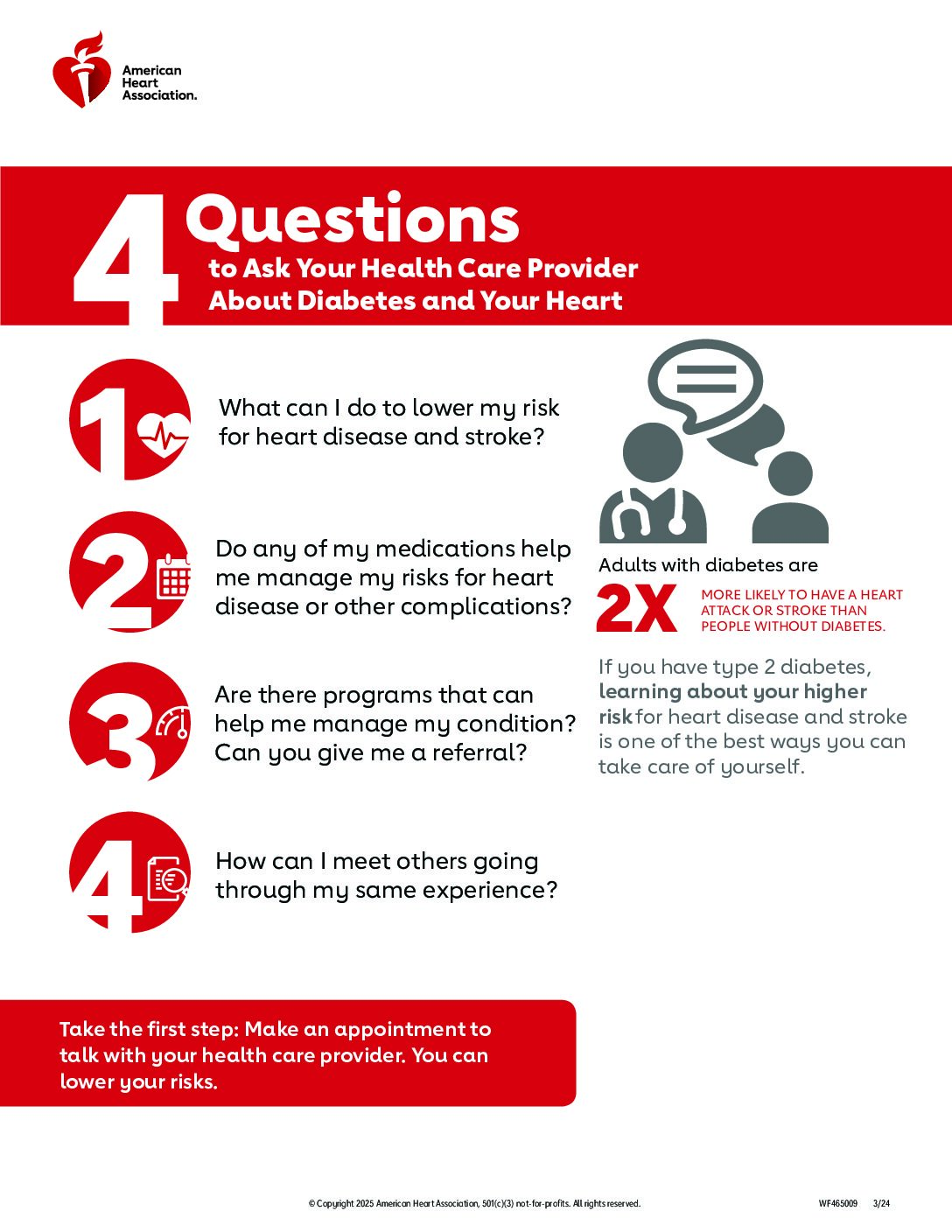
4 Questions to ask your health care provider about diabetes and your heart.
Available in Spanish
Understanding Your Medications
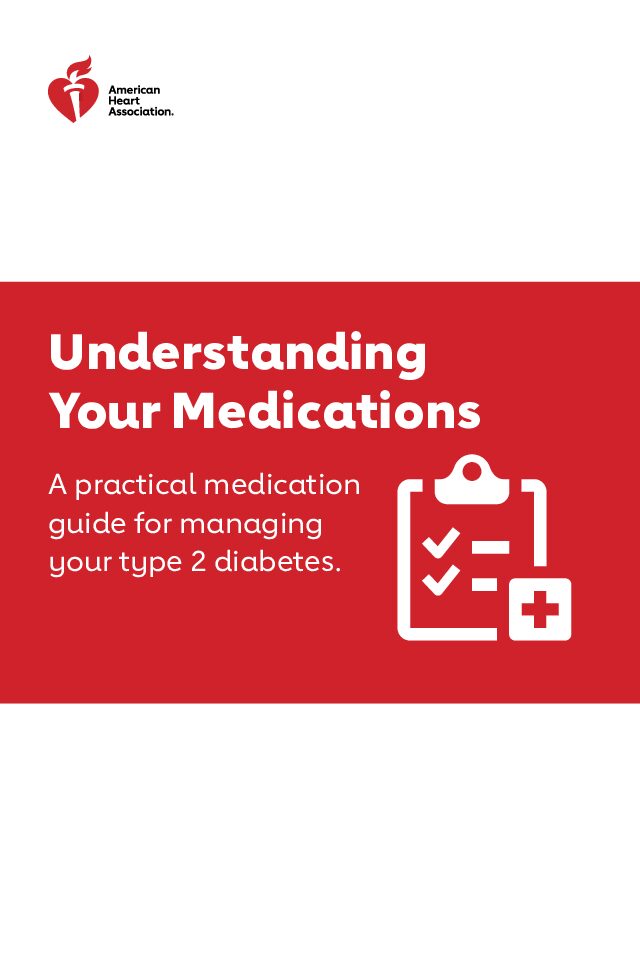
Download this PDF for a practical medication guide for managing your Type 2 Diabetes.
Available in Spanish
4 Questions to Ask Your Doctor – Spanish
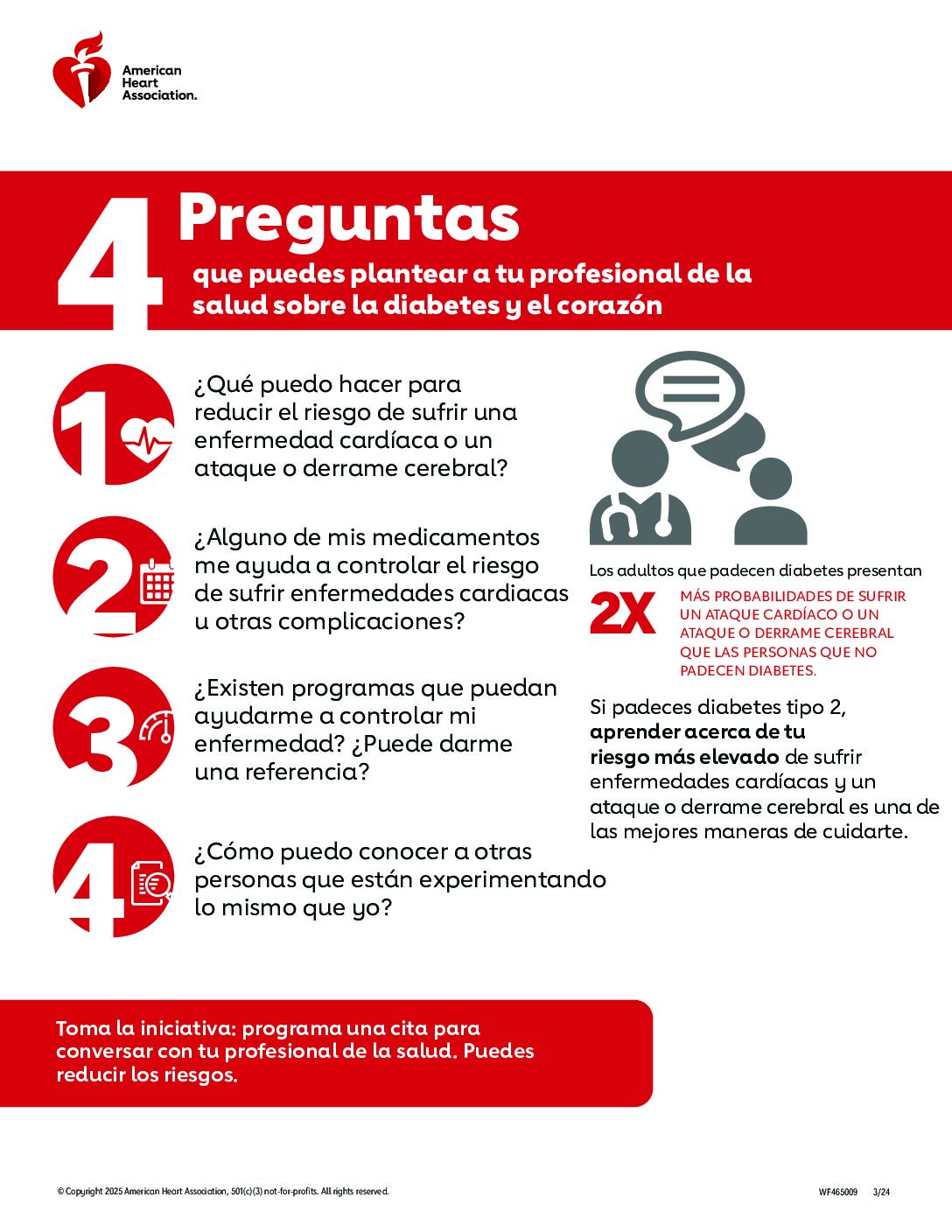
4 Preguntas que puedes plantear a tu profesional de la salud sobre la diabetes y el corazón
Available in English
Understanding Your Medication

A practical medication guide for managing your type 2 diabetes.
Questions to Ask Your Doctor in Spanish
Pregúntele a los Expertos: Cómo Tomar la Iniciativa en el Cuidado de la Salud: Qué Discutir con tu Equipo de Diabetes
Tuesday, December 5, 2023
Watch the Video
Aprende a liderar tu equipo de cuidado de la diabetes ganando confianza en ti mismo/a, sabiendo de qué hablar y defendiéndote ante tu equipo.
How to Take the Lead in Your Health Care: What to discuss with Your Diabetes Team
Tuesday, January 10, 2023
Watch the Video
Join us for the Ask the Experts event “How to Take the Lead in Your Health Care: What to Discuss with Your Diabetes Team”. You are the leader of your health care team. Build your confidence and advocate for yourself within your care team.
Partnering with Clinicians: Conversations to Have with Your Health Care Professional
Tuesday, June 14, 2022
Watch the Video
Ask your questions and learn how to best communicate with your health care team. This includes keeping a list of pertinent questions, sharing concerns both physical and mental, requesting a written list of your goals and accomplishments, and scheduling your next visit.
Glossary
Do you ever get lost when you’re talking to your doctor because you don’t know the words being used?
Sometimes your doctor or other members of your health care team may use words you aren’t familiar with or that you’ve heard but don’t quite understand. If you feel confused about something your doctor is telling you, ask for it to be explained. Even with answers, you may still feel confused or uncertain about what you need to do following your visit.
We want to help you get the most out of your visit, so we’ve pulled together some commonly used terms your doctor might use when explaining how to better manage your diabetes and risk for heart disease and stroke:
- A1C—An A1C blood test can be used to diagnose diabetes or identify prediabetes. It is also used to check how your diabetes treatment is working over time. This relatively simple blood test tells you your average blood sugar (also called blood glucose) level over the past two to three months. A higher level can tell you if you have diabetes or prediabetes and, if you have diabetes, how your treatment is working. If your A1C is higher than your targets, it raises your risk of developing complications. The goal for most adults with diabetes is an A1C less than 7%. Usually your doctor will order this test twice a year or more often, if needed.
- Albumin—Albumin is a protein made by your liver that helps keep fluid in your bloodstream, so it doesn’t leak into other tissues. It also carries various substances throughout your body, including hormones, vitamins, and enzymes. Low albumin levels may lead to fluid retention, and can indicate a problem with your liver or kidneys.
- Antihyperglycemic agents—Antihyperglycemic agents lower your blood sugar levels. They can be taken as pills or injected and are used in the treatment of type 2 diabetes. For many people metformin is the first medication prescribed. Some antihyperglycemic agents, GLP-1s and SGLT-2s, have benefits for your heart and kidneys as well.
- Blood glucose—Blood glucose, or more commonly called blood sugar, is found in the blood and is the body’s main source of energy. If you have diabetes, your body has trouble processing blood sugar. There are a variety of ways to check your blood sugar levels, which tell you if you have diabetes or how your treatment is working if you have diabetes.
- Body mass index—Body mass index (BMI) is a measure of your body weight relative to your height. BMI, along with other measurements such as waist-to-hip ratio, can be used to help decide whether a person is underweight, normal weight, overweight, or obese.
- Glomerular filtration rate (GFR)—A glomerular filtration rate is a test used to check how well your kidneys are working. Specifically, it estimates how much blood passes through the glomeruli each minute. Glomeruli are the tiny filters in the kidneys that filter waste from the blood. A blood sample is sent to a lab where the creatinine level in the blood sample is tested. Creatinine is a chemical waste product of creatine—a chemical the body makes to supply energy, mainly to the muscles.
- Hyperlipidemia—Hyperlipidemia is when the fat (triglyceride) and cholesterol (total cholesterol and/or LDL cholesterol) levels in your blood are too high.
- Hypertension (high blood pressure)—Hypertension occurs when blood flows through the blood vessels with a force greater than normal. The extra pressure can strain your heart, damage blood vessels, and increase the risk of heart attack, stroke, kidney problems, and death. The goal for most adults is less than 120/80. Your doctor will give you a target that’s right for you.
- Hypoglycemia (low blood sugar)—Hypoglycemia when your blood sugar is lower than normal (less than 70 mg/dL). Signs include if you’re hungry, nervous, shaky, sweating, dizzy, light-headed, sleepy, or confused. If left untreated, it may lead to more serious complications, like losing consciousness. Hypoglycemia is treated by eating a food that’s a source of carbohydrate that will be processed by your body quickly, such as glucose tablets or juice. Severe hypoglycemia, where a person can’t speak or swallow, is treated with glucagon—either injected or inhaled—if the person is unconscious or unable to swallow.
- Hyperglycemia (high blood sugar)—Hyperglycemia is when your blood sugar levels are above normal.
- Insulin—Insulin is a hormone produced by the pancreas that helps your body use glucose for energy. If your body cannot make enough insulin and other medications aren’t helping you reach your blood glucose targets, insulin may be prescribed. Insulin is taken by injection or through use of an insulin pump.
- Titration—The amount of insulin a person with diabetes needs to take based on a variety of factors such as mealtime carbohydrate load, blood sugar levels, and exercise. For people starting insulin treatment, the initial dose is often relatively small and is increased over the course of the ensuing few days and weeks.
- Urine albumin-to-creatinine ratio (UACR)—Your urine albumin-to-creatinine ratio (UACR) shows whether you have albumin in your urine. Albumin is a type of protein that’s normally found in the blood, not in your urine. People with a high amount of albumin in their urine are at an increased risk of having chronic kidney disease which could progress to kidney failure. The UACR screening is a simple urine test that’s part of a routine exam.
Remember, it’s OK to ask your doctor to explain something in a different way. Have a question? Just ask. Your health care team is there for you.
3 Kidney-Related Questions to Ask Your Doctor if You Have Diabetes
Communication Is Important
Health care is a team effort and you play an important role. You can make sure you get the best possible care by talking with your doctor and asking questions.
Keep reading to learn why asking your doctor the right questions is an important part of your diabetes management.
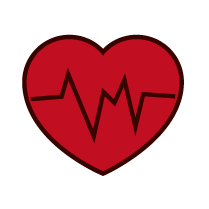
How Are the Heart, Kidneys and Diabetes Connected?
Your kidneys are powerful filters that remove toxins from your blood through your blood vessels (arteries, veins, and capillaries)—which are part of your cardiovascular system.
Type 2 diabetes can put a lot of stress on both your heart and in your kidneys. If you have type 2 diabetes and develop kidney disease, you’re at 3x higher risk of dying from a cardiovascular event like a heart attack or stroke. To stay healthy, it’s important for you and your doctor to manage your risk of both.
Asking questions about your diagnoses, treatments and medications is one of the best ways to lower your risk for diabetes-related complications like heart disease, stroke and kidney disease.
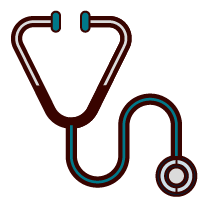
Preparing for Your Appointment
You can prepare for your appointment by thinking about what you want to do during your next visit.
Do you want to:
- Start or change a medicine?
- Get medical tests?
- Talk about lifestyle changes and treatment options?
Write down your questions in your phone or a notepad to help you feel prepared and less rushed during your appointment.
During Your Appointment To get the most from your visit, tell the nurse or person at the front desk that you have questions for your doctor. If your doctor does not ask if you have questions, ask your doctor when the best time would be to ask them. Start by asking the ones that are most important to you.
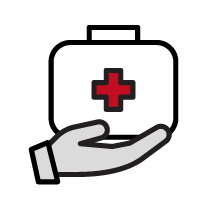
3 Kidney-Related Questions to Ask Your Doctor if You Have Diabetes
Asking questions is important but so is making sure you hear—and understand—the answers you get. Take notes or ask to record them on your phone or another device. If you want to bring someone to your appointment to help you understand and remember what you heard, call and ask the doctor’s office ahead of time if that’s okay. If you don’t understand or are confused, ask your doctor to explain the answer again.
3 Questions to Prevent Kidney Disease
- Have I received my annual urine albumin-creatinine ratio (UACR) screening?
- What signs or symptoms of kidney disease should I be aware of?
- How do I take care of my kidneys and reduce my risk for heart disease and stroke?
It is very important to understand the next steps your doctor recommends. Ask more questions, if you need to, and make sure you know what your doctor wants you to do. Asking for written instructions, brochures, videos, or websites may also help you learn more.

Understand the Answers and Next Steps
After you meet with your doctor, you will need to follow the instructions to keep your health on track. You may need to follow up on your care and call your doctor. Call your doctor if:
- You have side effects or problems with your medications.
- Your symptoms get worse after your appointment.
- You get new prescriptions from other members of your health care team or start taking any over-the-counter medicines.
- You need the results of any tests you’ve had. Don’t assume that no news is good news—be proactive.
- You don’t understand your test results.
Asking questions can help your health care team learn more about you. Their answers can help you make better decisions, receive a higher level of care, prevent symptomless diabetes-related complications like kidney disease and feel better about the care you receive.
If you have diabetes, good communication with your health care team is key. There are questions you can ask to reduce your risk of kidney disease, heart disease and stroke. Talk to your doctor, be curious and, most importantly, make sure you understand the answers.




